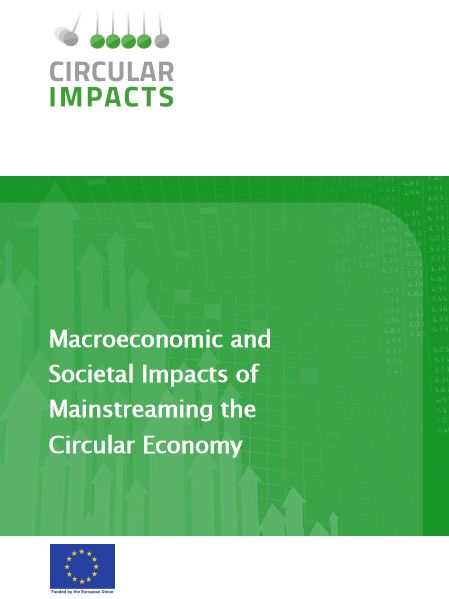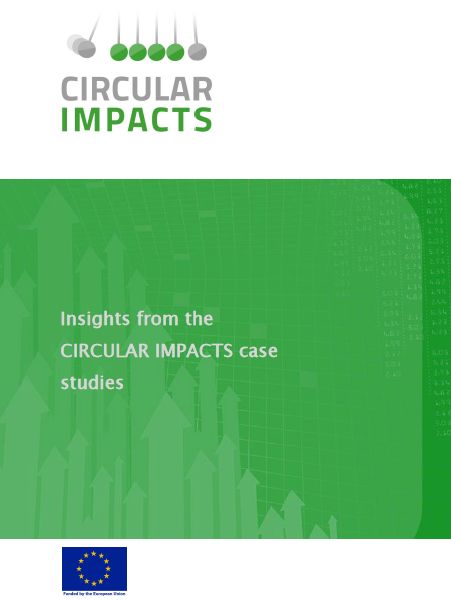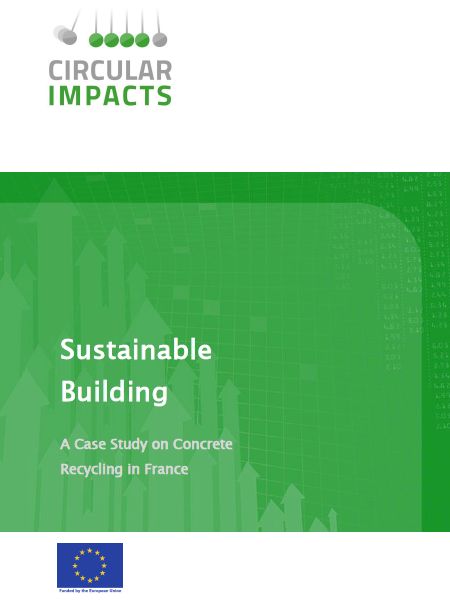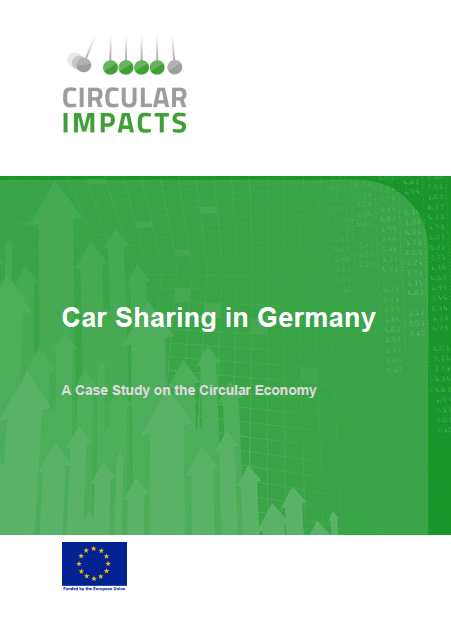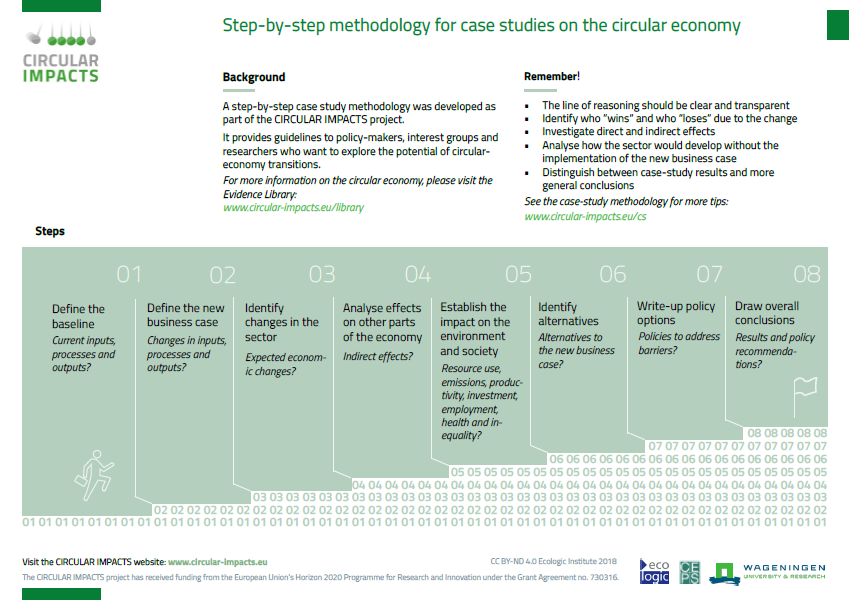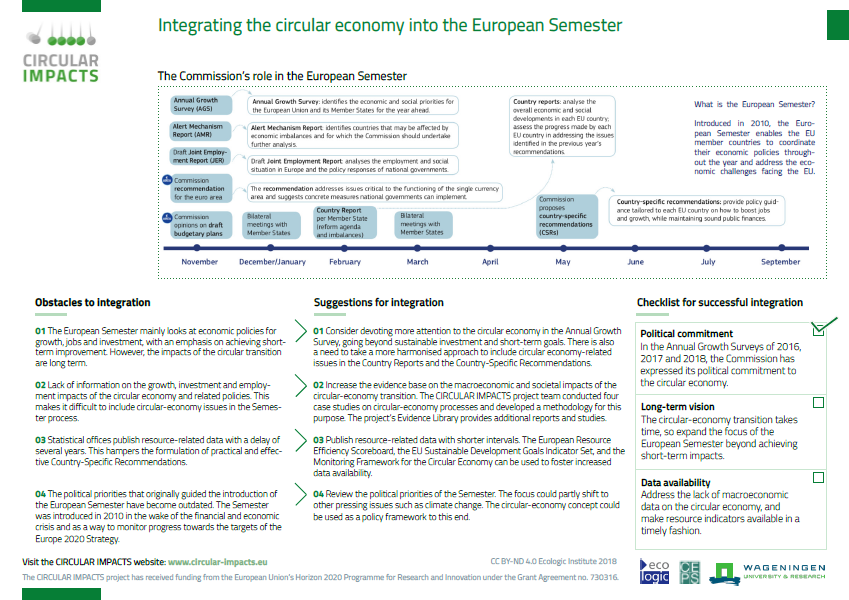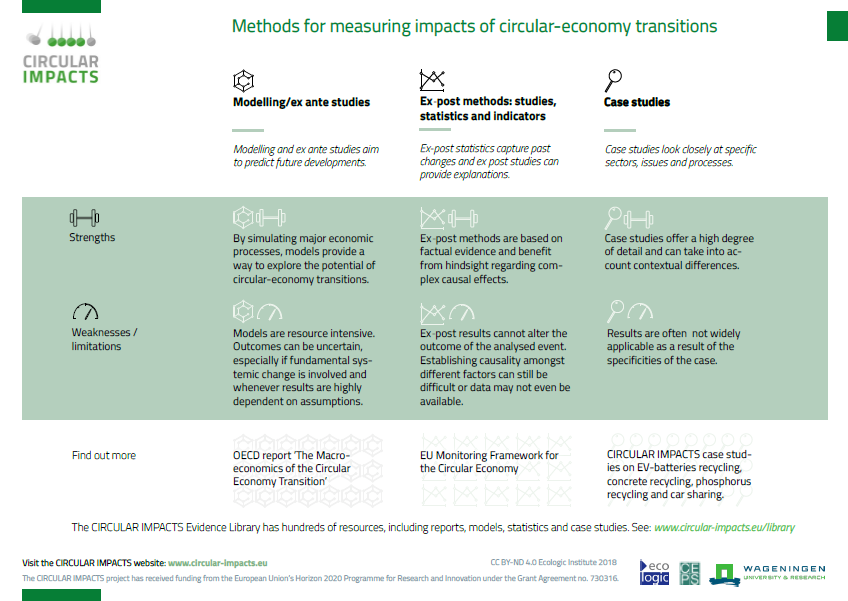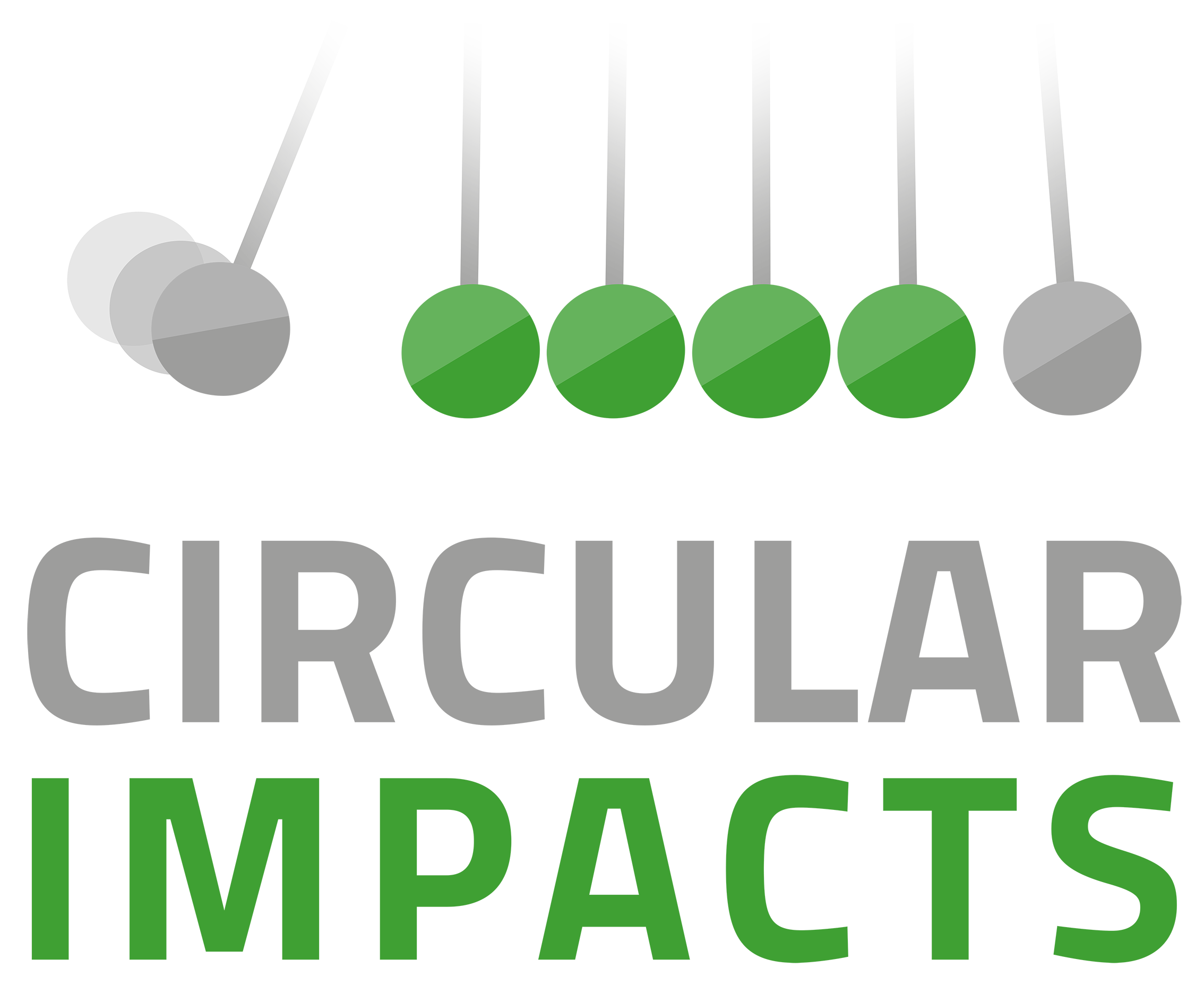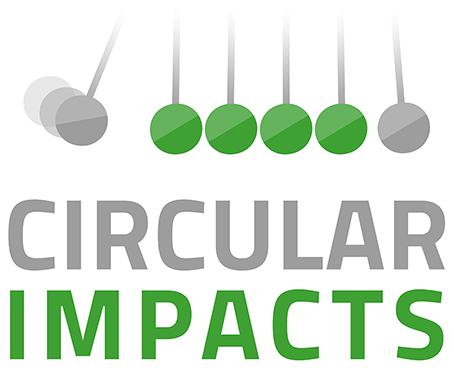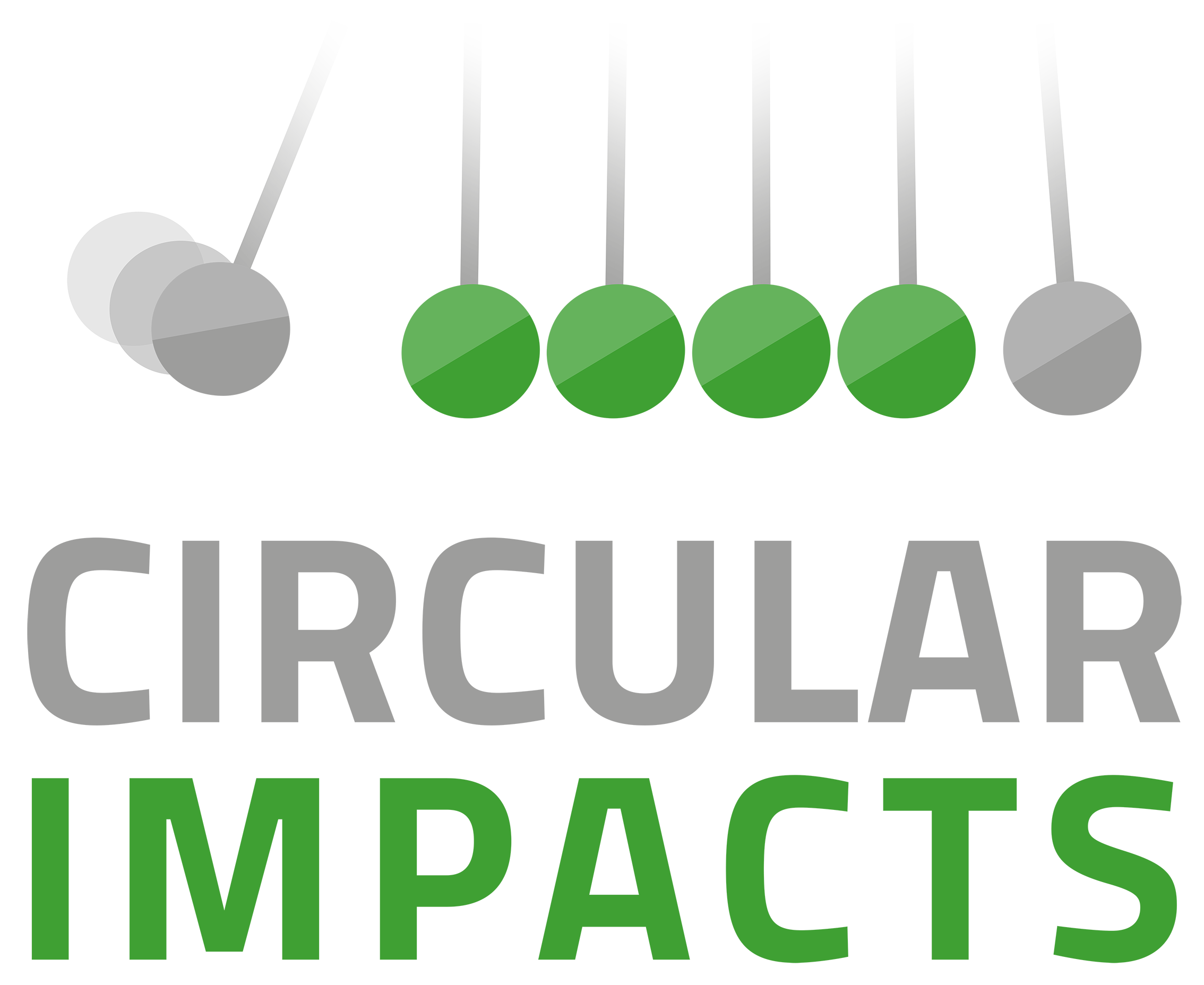
Measuring the IMPACTS of the Transition to the CIRCULAR Economy (CIRCULAR IMPACTS)
- Project
- Research Program
- Duration
-
-
CIRCULAR IMPACTS will assist the EU and its policy makers in realizing the transition from its current predominantly linear economy to a circular economy, by establishing a flexible and accessible evidence base with concrete data on macro-economic, societal, environmental and labour market impacts of this transition, and by adding relevant knowledge to that evidence base. For this purpose a web platform will be designed, which facilitates easy access to data repositories and fills up the existing knowledge gap in the European Commission's impact assessments by mapping the benefits of a circular economy for both environment and economy. Furthermore, these identified benefits should convince member states to implement the required changes in order to 'close the loop' in the context of the European Semester.
The linear economy, wherein natural resources are obtained, turned into products and discarded as waste after limited time, was for a long time perceived as the best way to achieve economic growth. However, it has become clear that this economic growth is unsustainable because the earth's supply of natural resources is finite. Its counterpart is the circular economy, which focuses on regenerative design and maximizes the potential of natural resources by recycling the re-usable components of products, thereby keeping them longer in the economic process. As a result, there is a reduced demand for natural resources and waste generation is lowered, stimulating sustainable, economic growth. The EU has acknowledged it needs to shift away from its linear economy in order to realize a more inclusive, sustainable and competitive economy.
To this end, the Circular Economy Package was designed accompanied by revised legislative proposals on waste, laying the long-term foundation for waste management and recycling in Europe. Making the evidence base for impact assessments easier to access is therefore one of the key aims of the project.
CIRCULAR IMPACTS aims to address this issue by developing the following outputs:
- Develop a theoretical structure of the circular economy in order to then understand the evidence base needed to conduct impact assessments for initiatives to foster the transition to a circular economy.
- Collecting and unifying current collections and databases of evidence useful for this purpose, like www.measuring-progress.eu or the LIAISE KIT and making them available to all stakeholders, which need to understand and develop impact assessments in the context of the circular economy.
- Conduct case studies in different member states and different sectors of the circular economy to understand good practices in the member states and the economic, societal and resource-efficiency impacts of different circular economy processes in comparison to the processes they are replacing.
- Understanding with interactive stakeholder engagement tools in those case studies the impact of the transition on different sectors and stakeholders and the conditions and limits of the transition. Several industry experts in the Steering Group of the project will provide a clear understanding of relevant processes and can provide valuable contacts
- Using the assembled existing evidence base and the evidence from case studies to estimate the impacts in the short, medium and long-term.
- Developing scenarios for mainstreaming and estimating the impacts of mainstreaming.
The consortium consists of the Centre for European Policy Studies (CEPS), Stichting Dienst Landbouwkundig Onderzoek (DLO) and Ecologic Institute (EI), and is led by the latter.
Project results:
- Methodologies for Measuring the Macroeconomic and Societal Impacts of the Circular Economy
- The Circular Economy - A Review of Definitions, Processes and Impacts
- The Interplay between the Circular Economy and the European Semester - An assessment
- Car Sharing in Germany - A Case Study on the Circular Economy
- Impacts of Biofuels and Renewable Energy - Data Collection Report
- Insights from the CIRCULAR IMPACTS Case Studies
- Methodology for the Case Studies
- Phosphorus Recycling from Manure - A Case Study on the Circular Economy
- Prospects for electric vehicle batteries in a circular economy
- Sustainable Building - A Case Study on Concrete Recycling in France
- Macroeconomic and Societal Impacts of Mainstreaming the Circular Economy
- Scenario Analysis for a Circular Economy
- Final Conference Proceedings
- Policy Brief - Assessing the impact of the transition to the circular economy in Europe
- Infographic: Step-by-step Methodology for Case Studies on the Circular Economy
- Infographic: Integrating the Circular Economy into the European Semester
- Infographic: Methods for Measuring Impacts of Circular-economy Transitions




